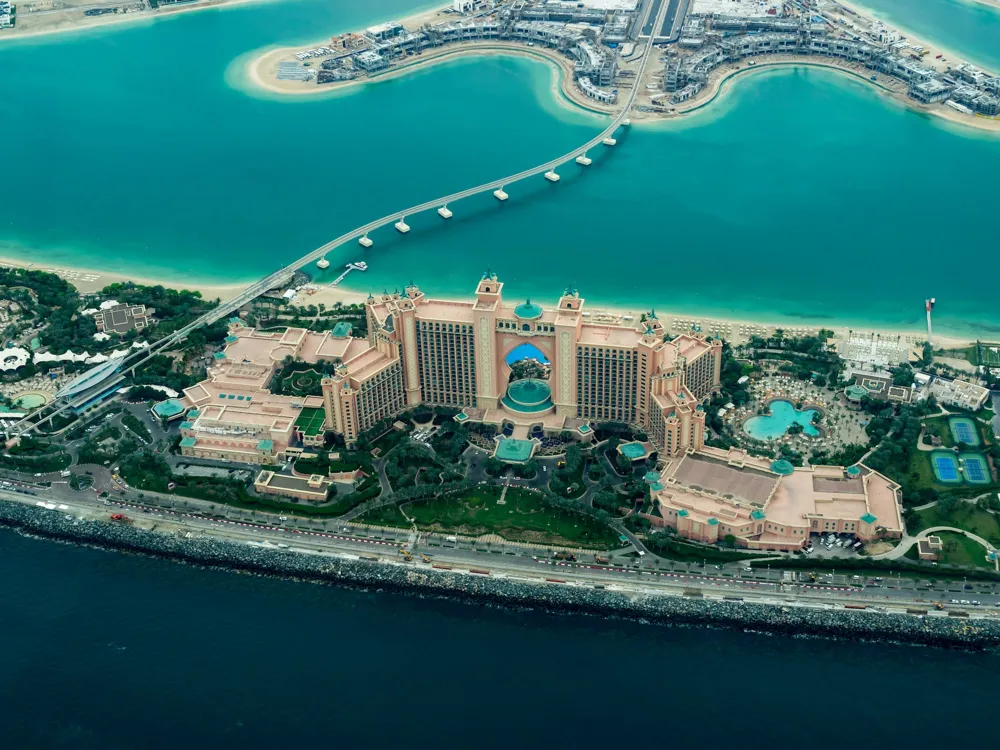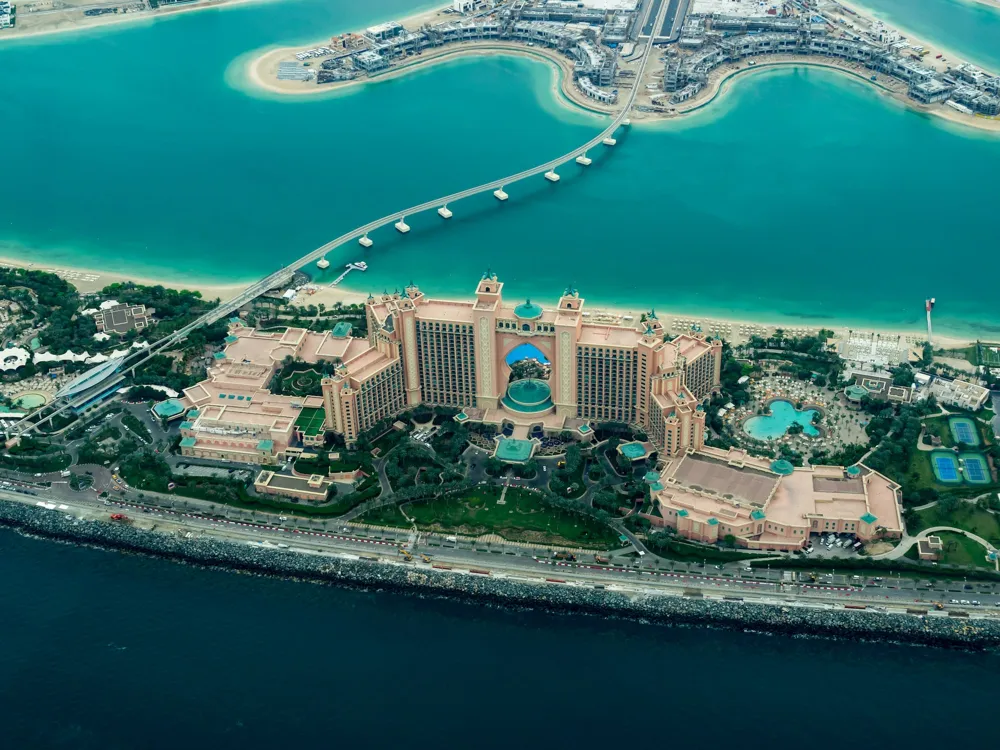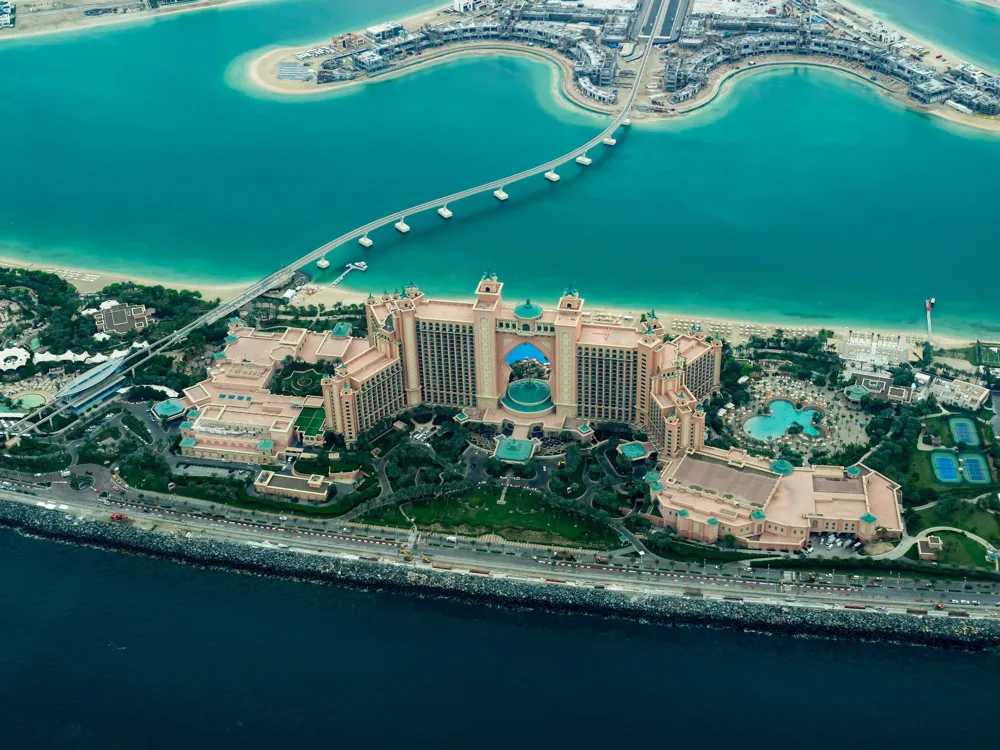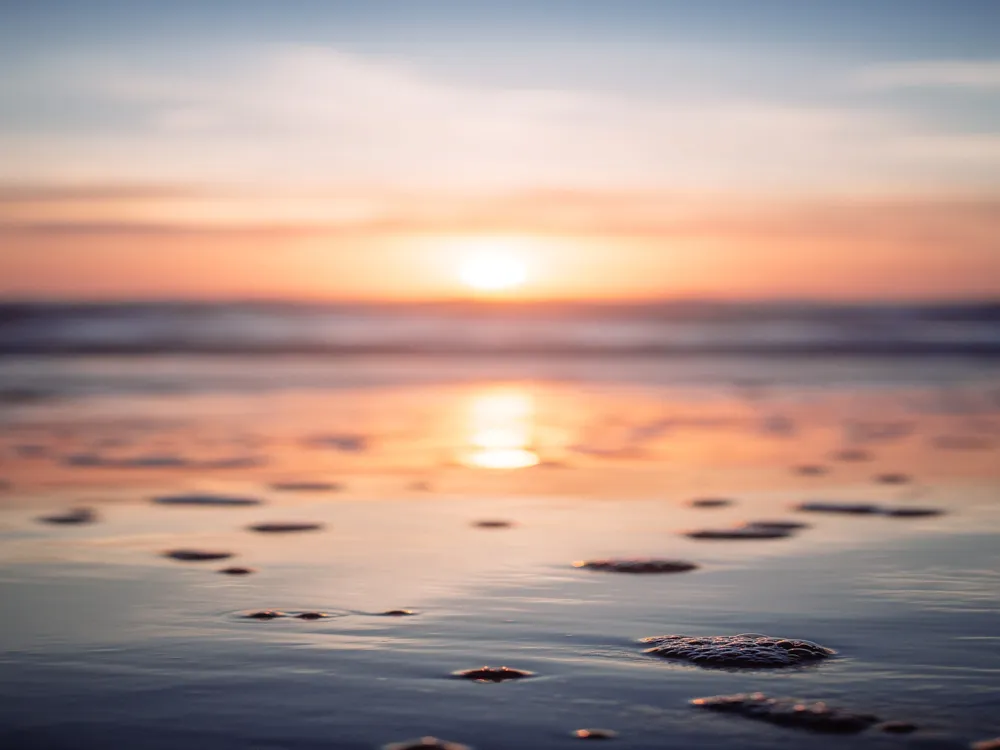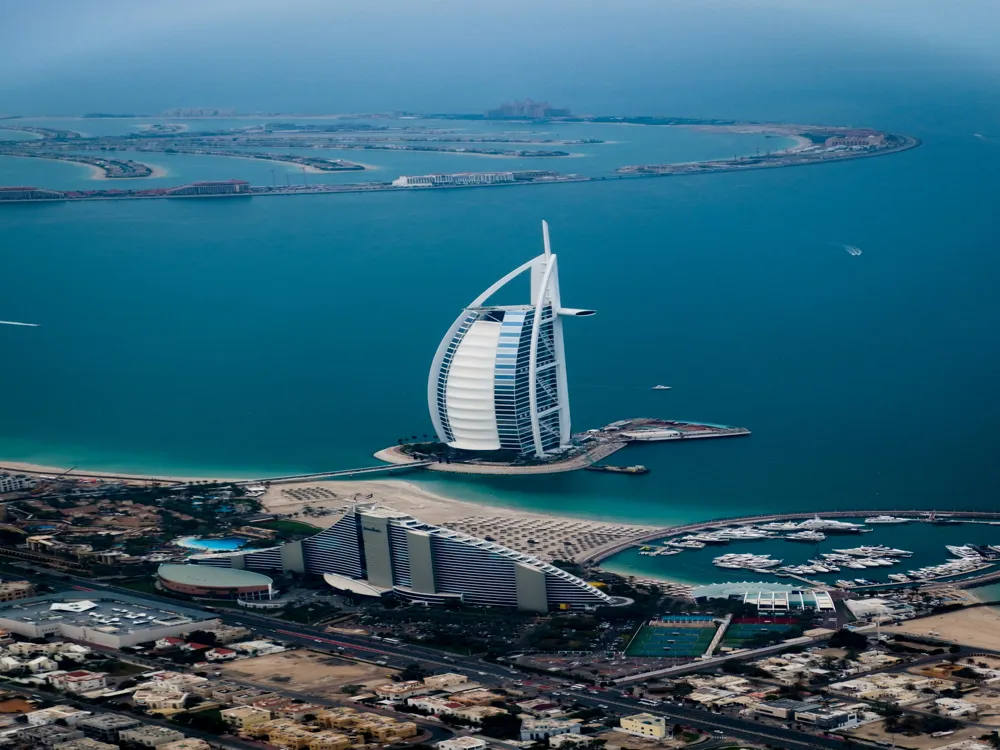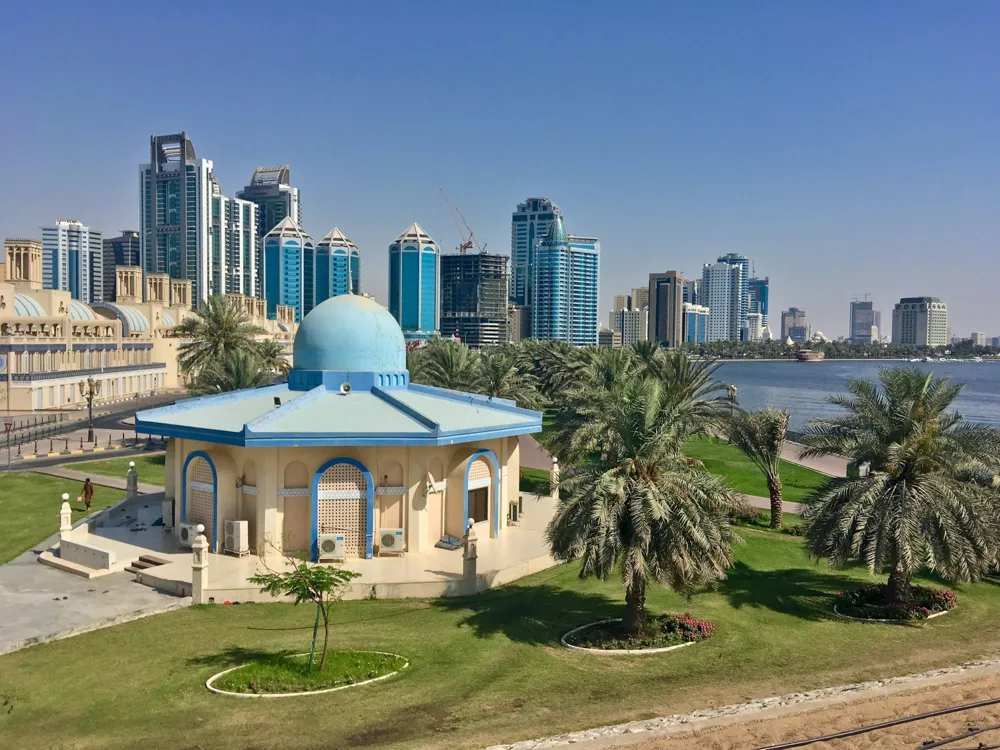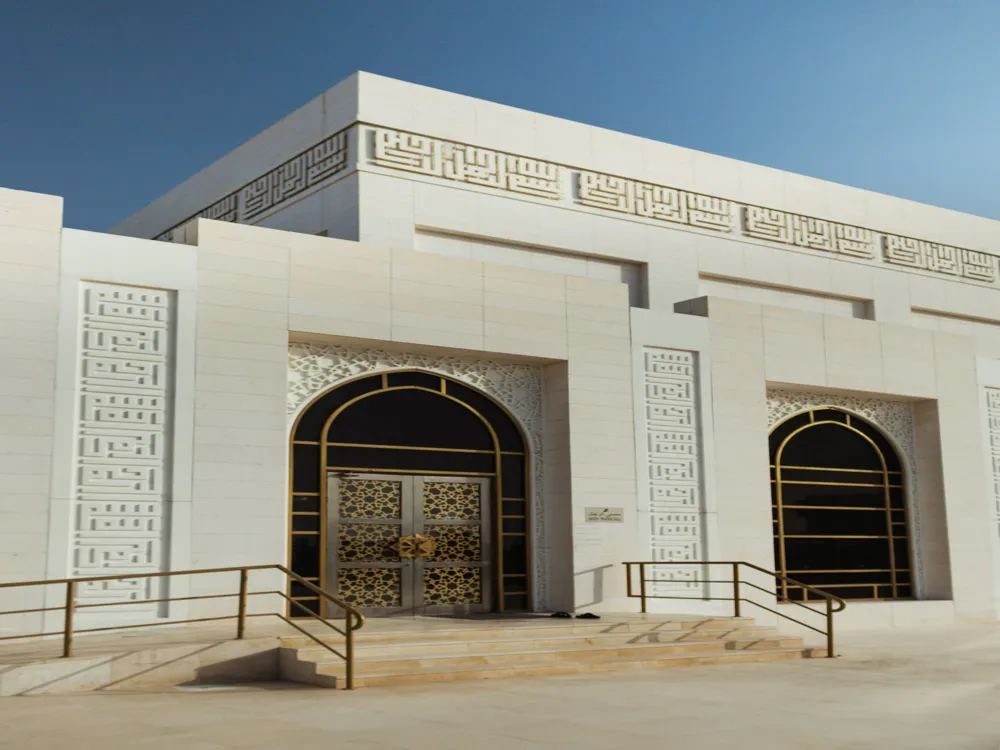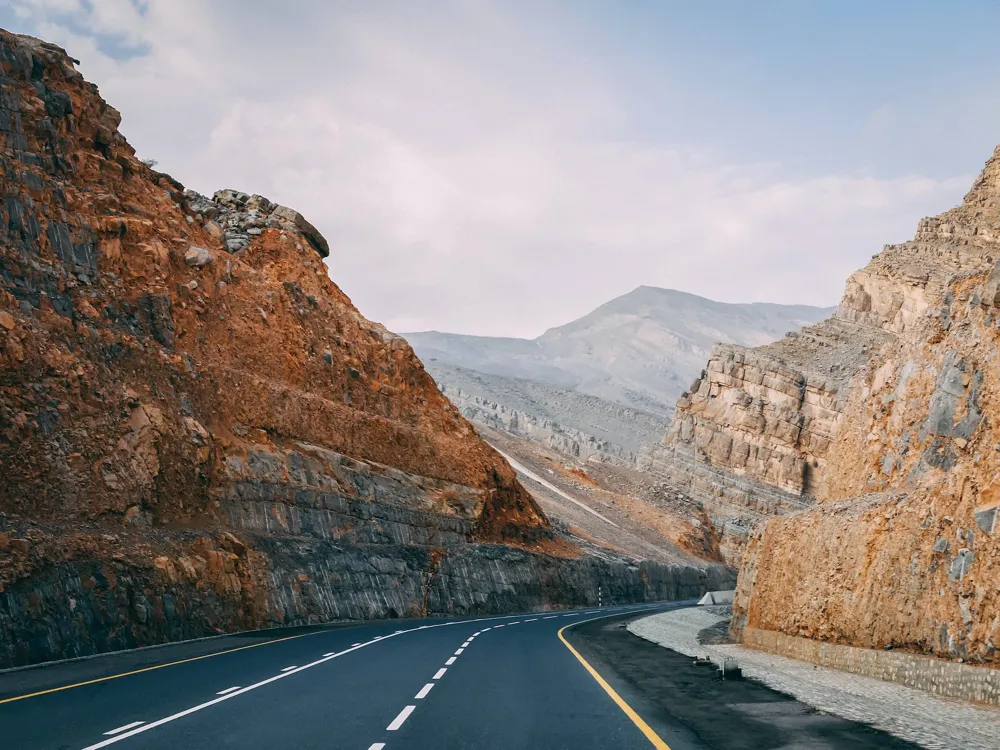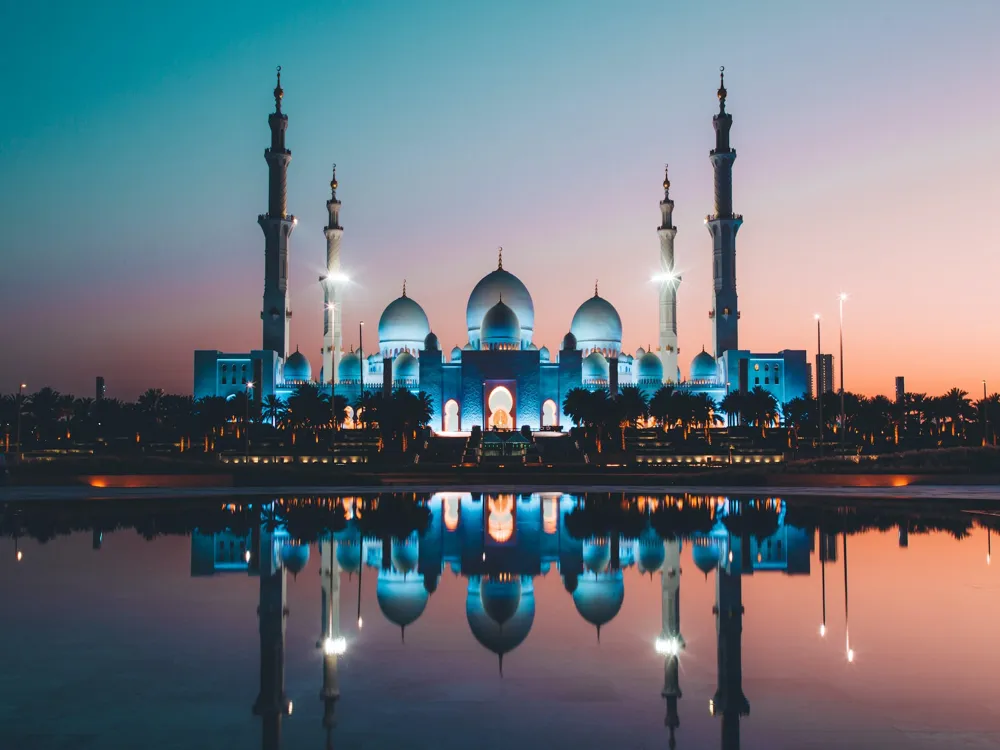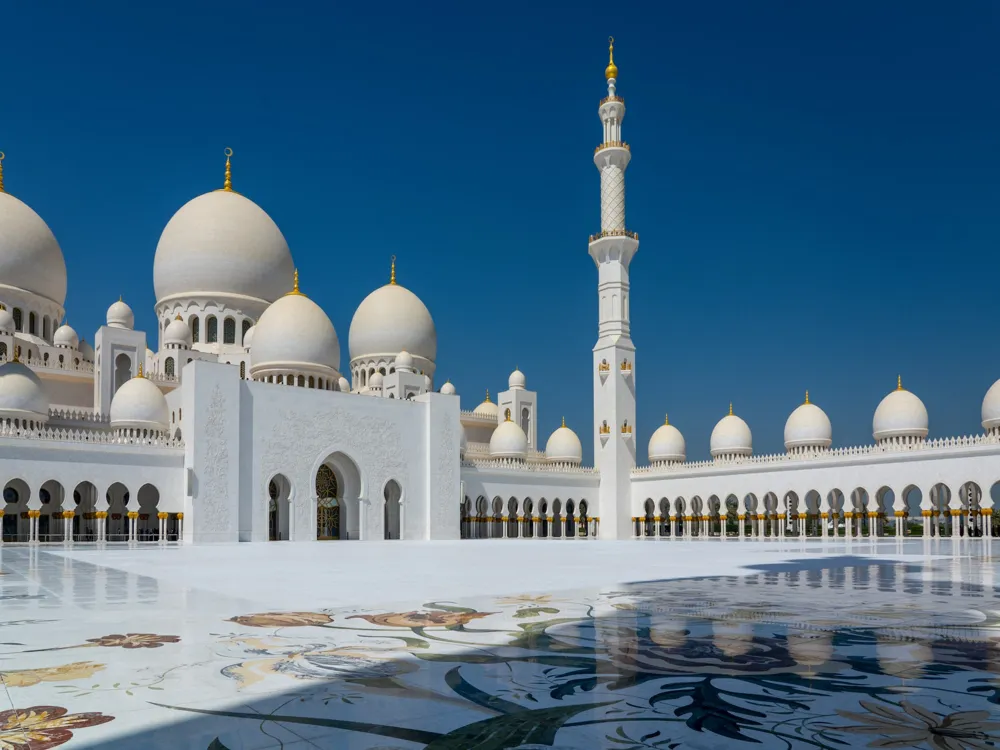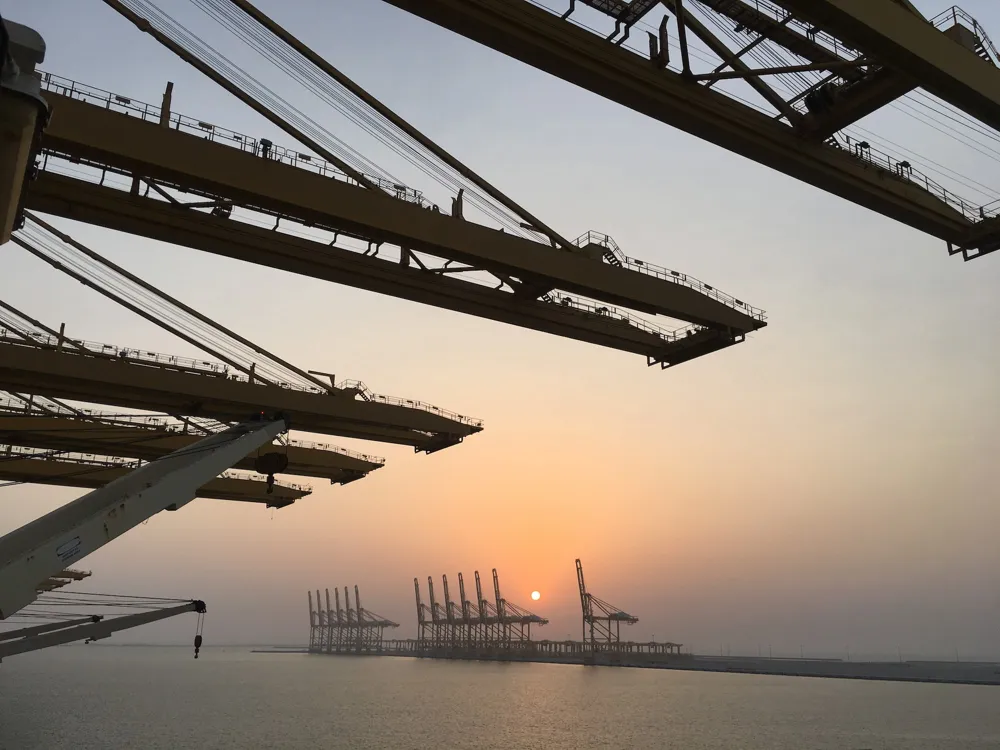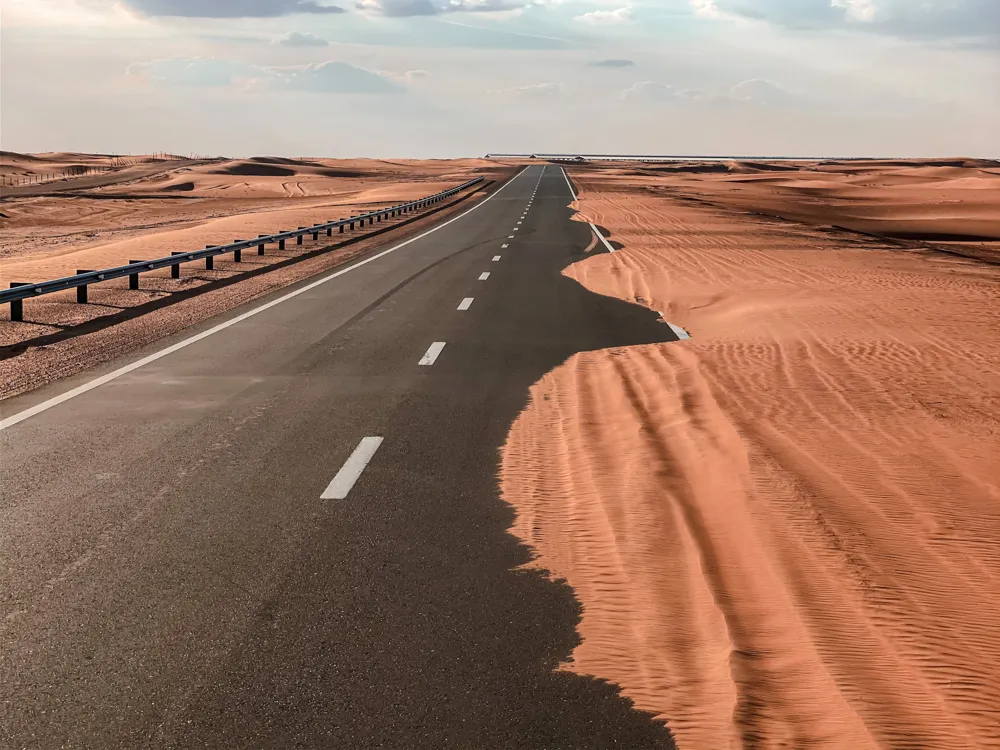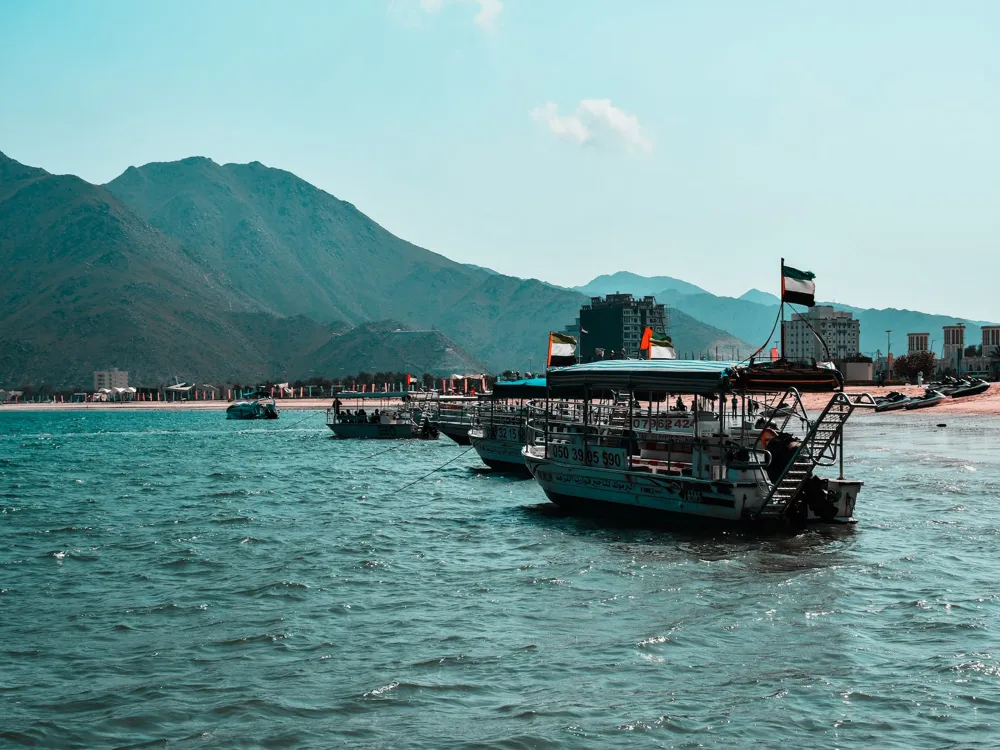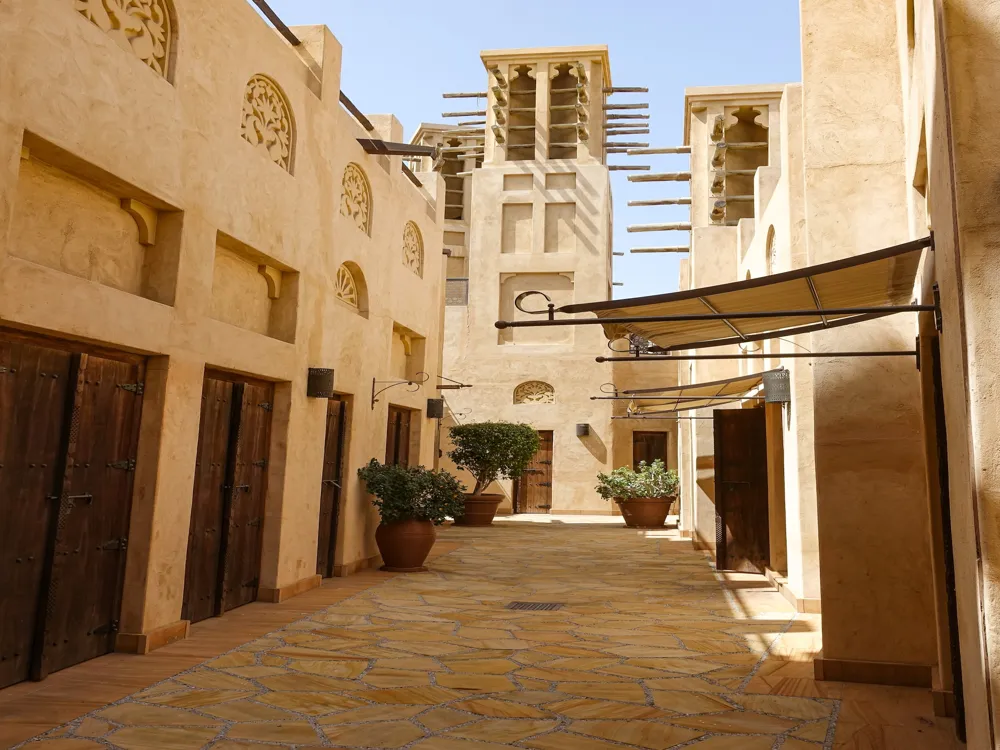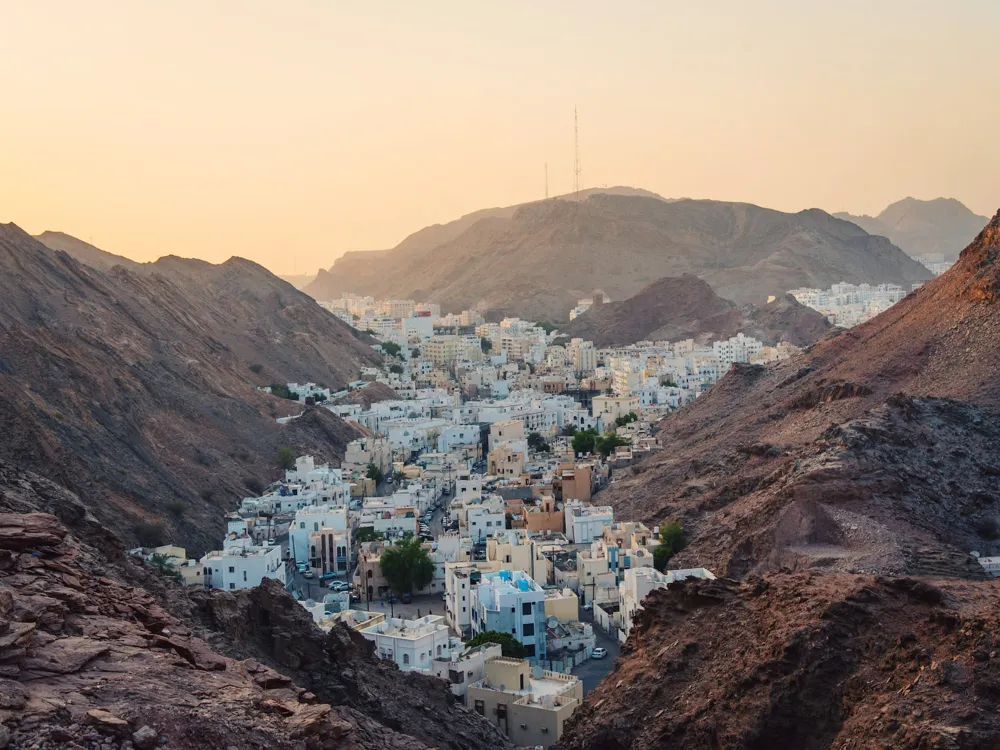Dubai, a city of wonders in the United Arab Emirates, stands as a dazzling example of the Middle East's rapid urban and economic growth. Known for its breathtaking skyline, which features a harmonious blend of modern architecture and traditional Arabian design, Dubai is a city that never fails to impress. The city's evolution from a small fishing village to a global metropolis is a testament to human ingenuity and ambition. Jumeirah, a coastal residential area of Dubai, is renowned for its luxurious lifestyle, sandy beaches, and upscale restaurants. This district is home to some of Dubai's most iconic landmarks, including the Burj Al Arab, a symbol of the city's opulent lifestyle. The area's transformation from a simple fishing area to a hub of luxury and leisure encapsulates Dubai's remarkable journey. Dubai's architecture is a fascinating blend of traditional Islamic motifs and cutting-edge modern design. The cityscape is punctuated by record-breaking skyscrapers, like the Burj Khalifa, the tallest building in the world, and the Palm Jumeirah, an artificial archipelago. These architectural marvels not only showcase Dubai's economic success but also its ambition to push the boundaries of what is possible in urban development. While Dubai is famous for its futuristic skyscrapers, it also preserves its heritage through traditional structures like the Al Fahidi Historic District. This area offers a glimpse into the Dubai of yesteryear, with its wind-tower houses and narrow lanes. The contrast between the old and new is a unique characteristic of Dubai's architectural landscape. Dubai's commitment to innovation in architecture is evident in projects like the Museum of the Future, characterized by its unique torus shape and Arabic calligraphy façade. This inclination towards innovative design reflects the city's forward-thinking mindset and its role as a global trendsetter in architecture. Respect local customs by dressing modestly, especially in public areas and religious sites. While beachwear is acceptable at the beach or poolside, it's advisable to cover up when in the city. The best time to visit Dubai is from November to March when the weather is cooler. This period also coincides with various festivals and events, offering a vibrant experience to visitors. Be aware of Dubai's strict laws regarding public behavior, alcohol consumption, and social norms to avoid any legal issues during your stay. Utilize Dubai's efficient public transportation, including the metro, buses, and taxis, for convenient travel around the city. Renting a car is another option, but be mindful of traffic rules. While Arabic is the official language, English is widely spoken. The currency used is the UAE Dirham, and it's recommended to have some cash on hand for smaller transactions. Dubai is globally connected and can be reached by air, land, and sea. The Dubai International Airport is one of the busiest in the world and serves as a major hub for international flights. Overland, Dubai is well-connected by road to other Emirates and neighboring countries. Additionally, Dubai's ports welcome cruise ships and commercial vessels, making it accessible by sea.Overview of Dubai
Jumeirah, Dubai
Architecture of Dubai
Traditional vs Modern Architecture
Innovative Architectural Designs
Tips When Visiting Dubai
Dress Code
Best Time to Visit
Local Laws and Customs
Getting Around
Language and Currency
How To Reach Dubai
The Green Planet Dubai
Jumeirah
Dubai
₹ 17,999 onwards
View dubai Packages
Weather :
Tags : Garden & Park
Timings : Sunday to Wednesday: 10:00 AM - 7:00 PM Thursday to Saturday: 10:00 AM - 8:00 PM
Time Required : 2-3 hours
Entry Fee : Adults - AED 99 Children (above 3) - AED 74 Children above the age of 12 will require an adult ticket. Children below the age of 3 do not require a ticket.
Planning a Trip? Ask Your Question
Dubai Travel Packages
View All Packages For Dubai
Top Hotel Collections for Dubai

Private Pool

Luxury Hotels

5-Star Hotels

Pet Friendly
Top Hotels Near Dubai
Other Top Ranking Places In Dubai
View All Places To Visit In dubai
View dubai Packages
Weather :
Tags : Garden & Park
Timings : Sunday to Wednesday: 10:00 AM - 7:00 PM Thursday to Saturday: 10:00 AM - 8:00 PM
Time Required : 2-3 hours
Entry Fee : Adults - AED 99 Children (above 3) - AED 74 Children above the age of 12 will require an adult ticket. Children below the age of 3 do not require a ticket.
Planning a Trip? Ask Your Question
Dubai Travel Packages
View All Packages For Dubai
Top Hotel Collections for Dubai

Private Pool

Luxury Hotels

5-Star Hotels

Pet Friendly







